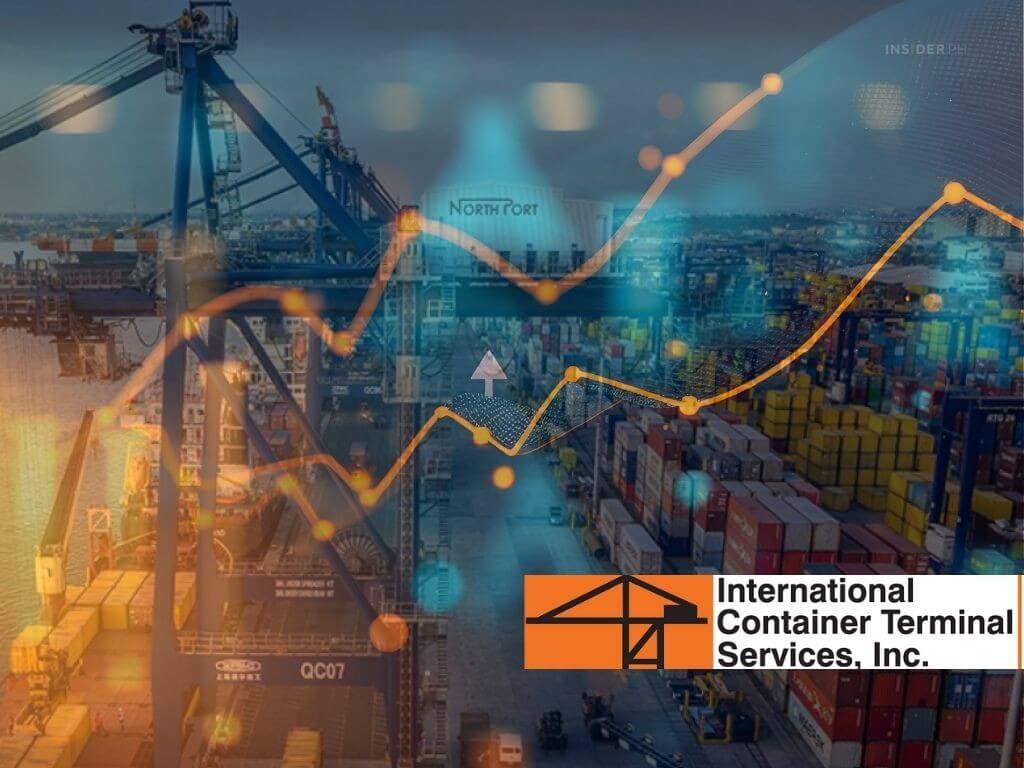

Insider Spotlight
The conversion involved replacing the cranes’ conventional diesel generators with smaller, energy-efficient units coupled with high-capacity, liquid-cooled battery systems.
These allow the cranes to run primarily on battery power, with the generators recharging the system as needed, resulting in significantly lower diesel consumption and maintenance costs.
By the numbers
The hybrid RTGs have achieved a 49-percent reduction in both carbon emissions and diesel consumption, cutting NorthPort’s average annual carbon output from 2,186 tons to about 1,109 tons.
The company said this marks a milestone in its sustainability roadmap as it aligns with global port decarbonization standards.
What’s next
Building on the project’s success, NorthPort is expanding its hybrid fleet with four new Mitsui hybrid RTGs set for delivery in the fourth quarter of 2026. The initiative is expected to further strengthen the terminal’s capacity for efficient, low-carbon operations.
The big picture
NorthPort’s hybrid program is part of ICTSI’s broader push toward responsible and sustainable port management, contributing to both the Philippines’ climate goals and global supply chain efficiency.
The company continues to pursue innovations that balance productivity with environmental impact, setting a precedent for domestic port operators in Southeast Asia. —Vanessa Hidalgo | Ed: Corrie S. Narisma